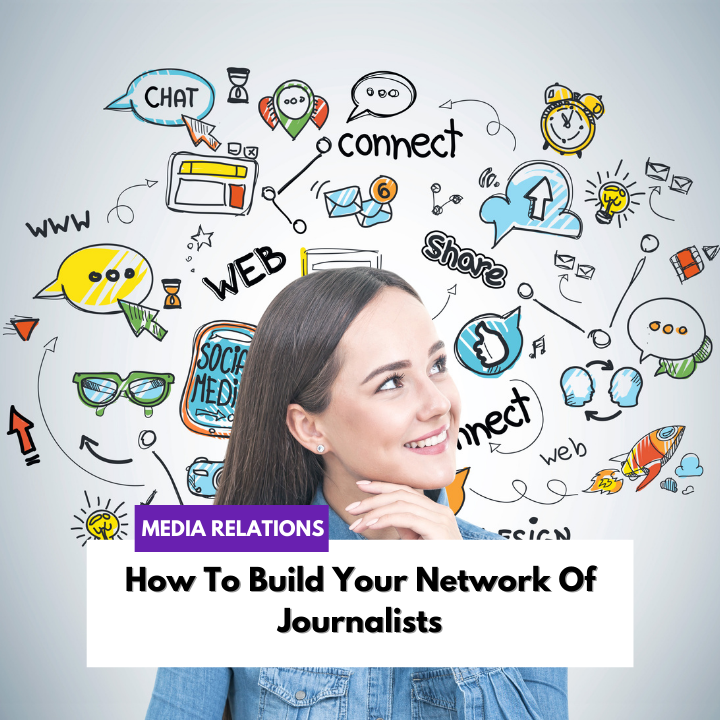Building mutually beneficial relationships with the media is essential in media relations. The media and PR have a symbiotic relationship, we need each other to achieve our work goals! The biggest challenge when building relationships with the media is to offer as much (if not more) value to a journalist as you want in return. This requires a level of awareness, empathy, proactivity, and general niceness and courtesy – the same qualities necessary to build relationships with anyone!
Timing
Journalists receive thousands of PR pitches every day. Timing is key when pitching a story to the media. Present the facts, be accurate, do your research and have a strong news hook so the person you are pitching to is more likely to be interested in your pitch.
You need to ensure your story is concise and to the point, so the journalist can easily understand what your story is about, and decide whether they are interested. Give time to sell in a story and have all of the assets and content that the journalist might require for the piece ahead of your conversation.

Content
Produce as much rich multi-media content as possible, for online publications there is often a need for polls, sound files, interactive videos, interviews, and Q&As.
Your press release should be to the point, detailing something new and interesting, giving journalists all of the information required in order to make it easy for them to pull the content that they like into a suitable format for their specific publication. Keeping it short and snappy will allow the journalist to digest the information and decide if it will work.

Be Newsworthy
It is often difficult to piggyback on a very big story… If you have something really relevant and valuable to add to a story that is currently running, then make the purpose and relevancy really obvious when pitching to a trending topic. You need to be taking the story to the next level rather than just pitching similar comments or content that is already published. Your pitch needs to elevate the story, tell it differently and take the story to a new level.
If you think your story is not particularly newsworthy, then often it is a waste of time and could even be damaging to try and pitch into titles you know, deep down, will not run the story. Instead, research a smaller but more aligned title that is likely to be interested, as it will not help you to build journalist relationships if you are constantly pitching irrelevant content!

The Pitch
Often, the journalist’s interest lies in newsworthy topics, rather than just positive stories of a business’s success. Make your pitch personalised, address the person directly and cite their recent content, and explain how your pitch is relevant to their readers. The subject line should use key attention-grabbing (but not sensationalist!) words that the journalist will be drawn to opening, this needs to follow by a strong introduction to keep the journalist reading.
When following up with the media, don’t call straight after you have issued a press release, give it a few days and follow up if there is no response, as often journalists are incredibly busy and may have read the content, but have not had the chance to reply. Follow up with extra assets, information, or statistics for added value.

We hope you now have some ideas ready to start building your network of journalists! Communication is critical to business success and when done well it is one of the most cost-effective ways to build trust and credibility for your company. Good communication will improve all areas of your business – from increasing staff engagement levels and sales, to building awareness in your products and services. But it does require a well-thought-through strategy to be effective.

